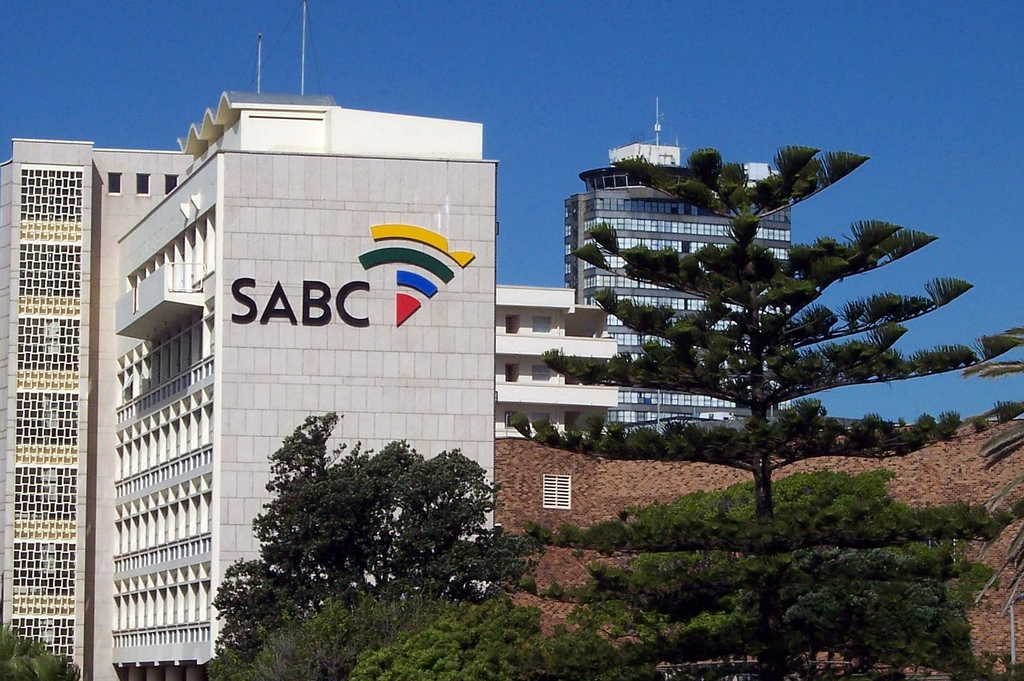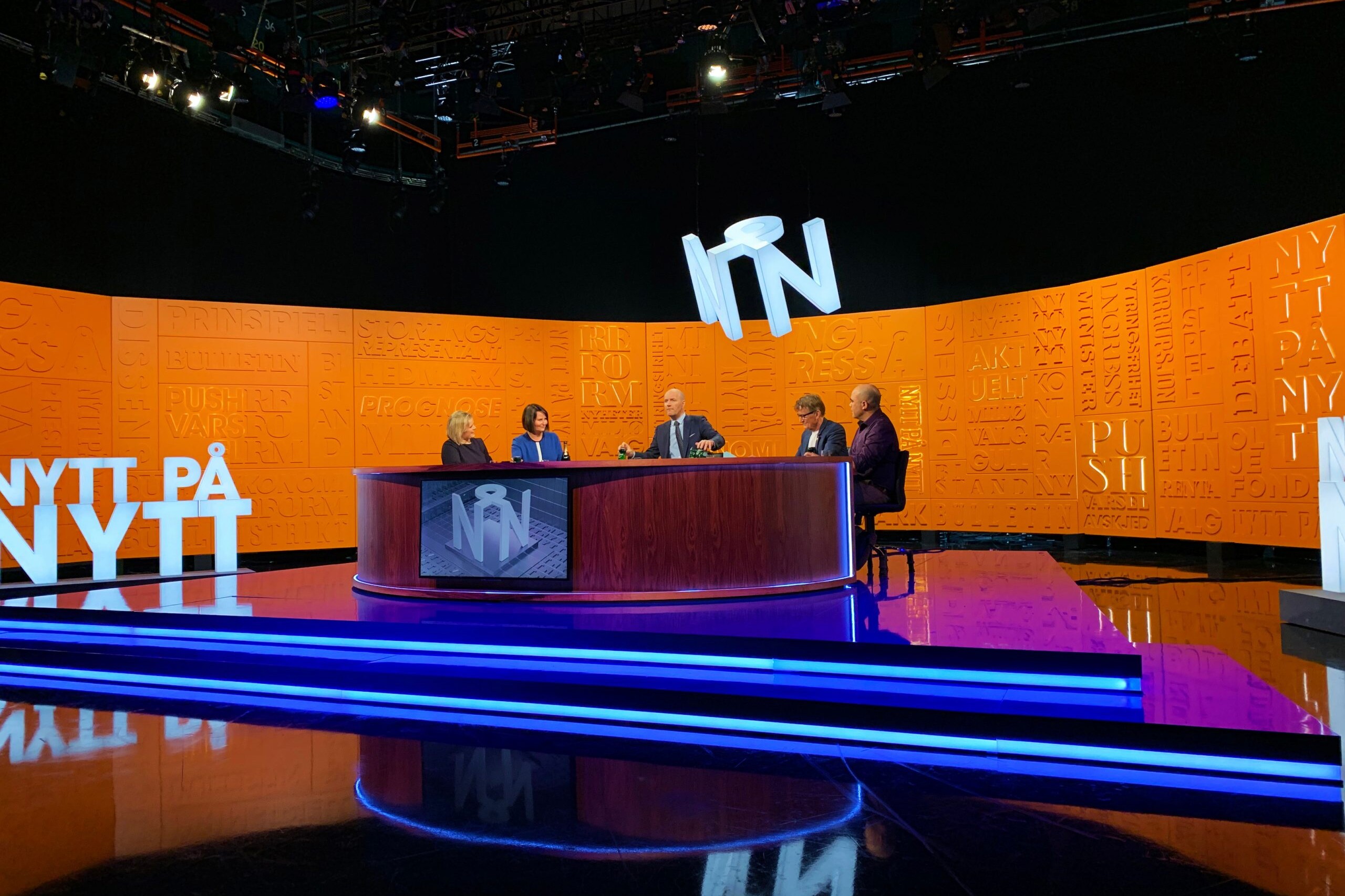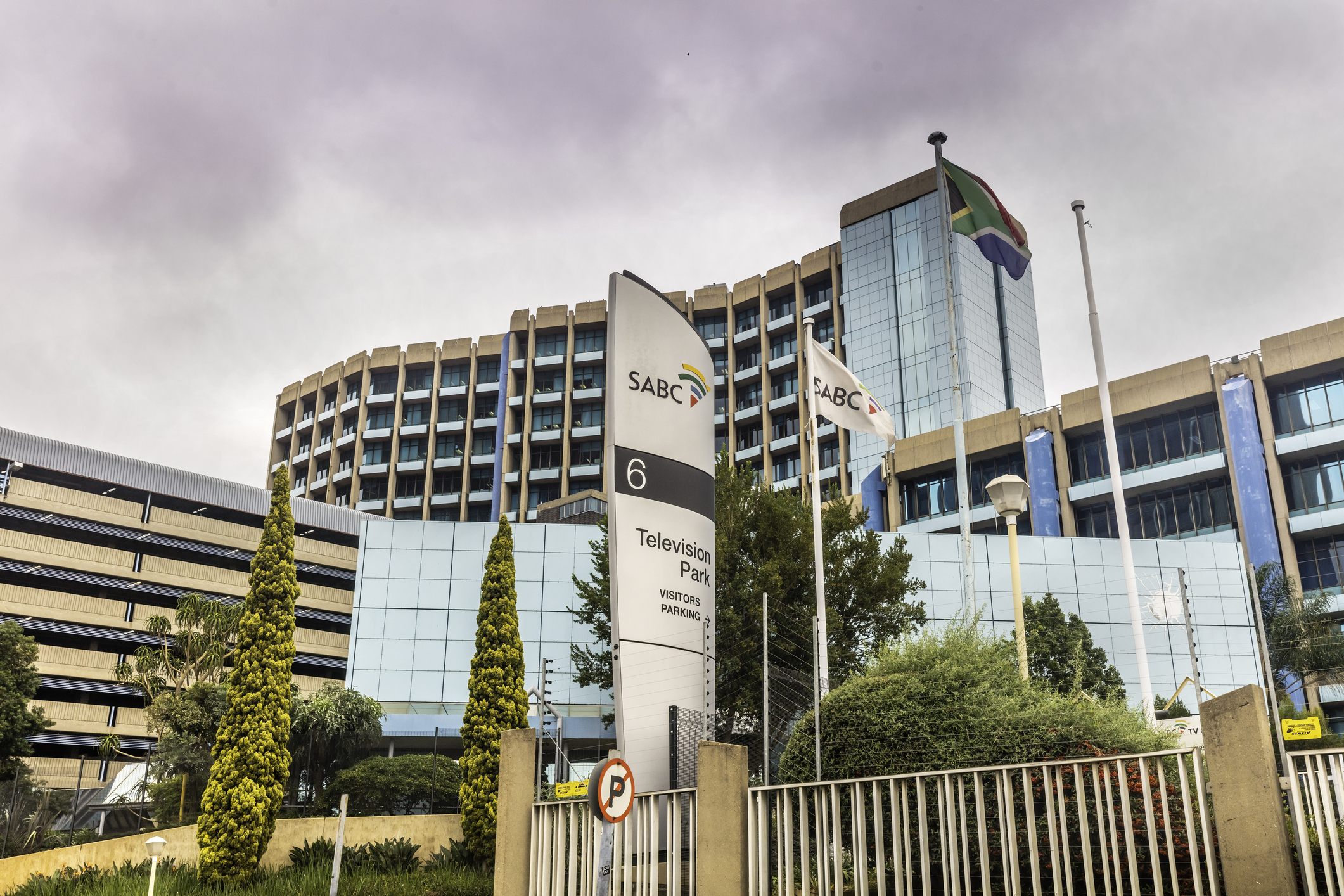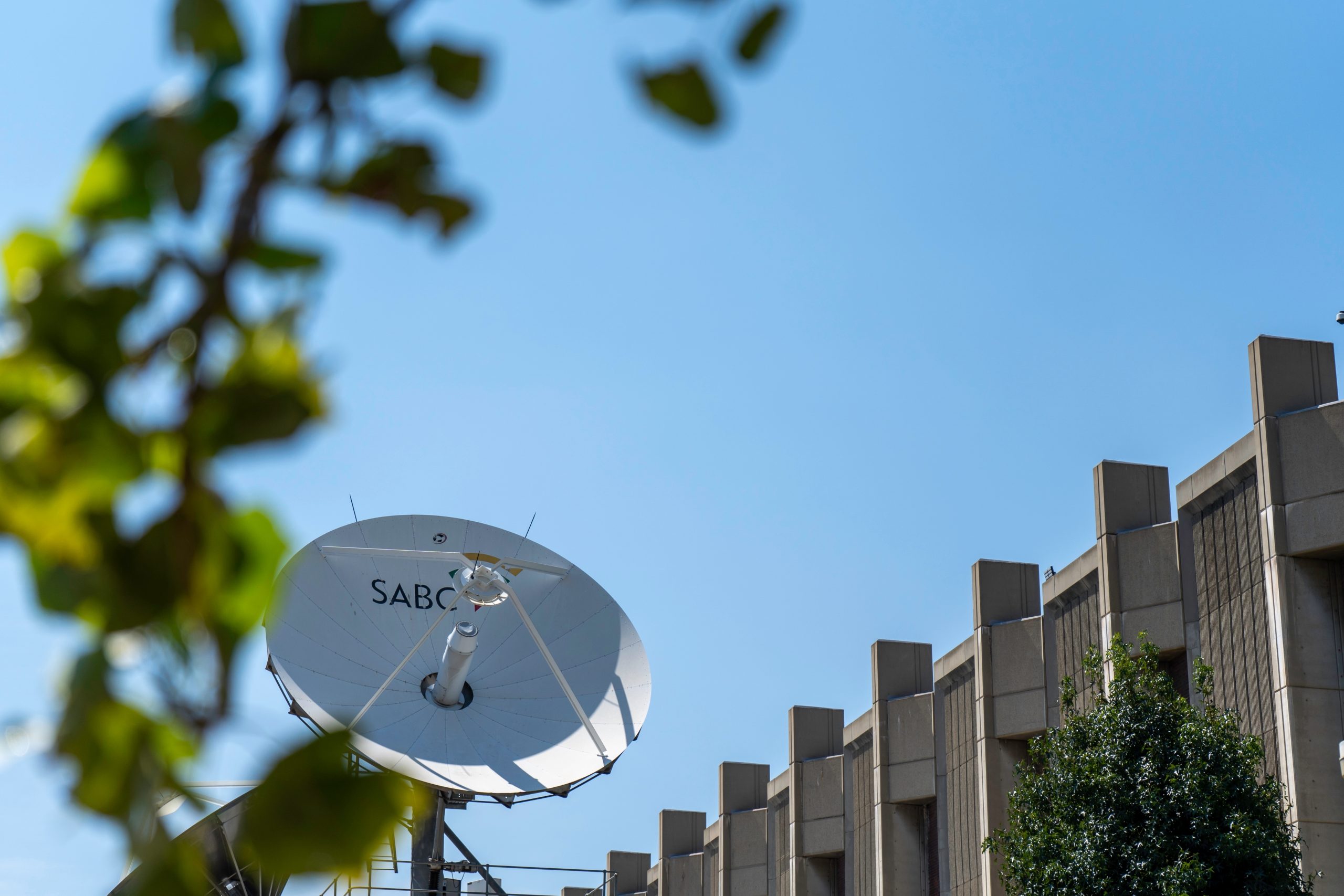SABC licence fee set to be scrapped
13th January 2023
The South African government is moving ahead with plans to remove the TV licence fee which funds SABC and replace it with a household levy.

The country’s ruling party, the African National Congress (ANC), has supported a decision to end the licence fee structure and replace it with a household levy. Communications Minister Khumbudzo Ntshavheni said that work was already underway by the government to draft the relevant framework for a household levy. According to the communications minister, the ANC hopes SABC’s public mandate would be funded from the national fiscus, but the party has also proposed a household levy.
Noting that the current TV licence scheme is not working, Minister Khumbudzo said, “The public broadcaster must be strengthened. […] The TV licence arrangement is not working, it is actually impacting on the SABC’s ability to survive.”
Following Minister Ntshavheni’s announcement, The Department of Communications and Digital Technology (DCDT) said it would take about three to five years for the transition from a licence fee model to a household levy.
Read more: NRK: Budget cuts see downsizing, “tough priorities”
A potential move from the licence fee to a household levy has also been supported by public broadcaster SABC. In response to its financial challenges, SABC called for a household levy to replace its licence fee as a way to recover and stabilise its funding. The current licence fee model mandates that any individual or entity that owns and/or uses a television set must pay an annual fee. In contrast, the household levy proposes that a fee be paid based on the possible usage – rather than actual usage – of SABC’s services.
Whereas the licence fee hinges on ownership of a television, the household levy model considers digital technology, such as laptops and mobile phones, that audiences can use to access SABC content from anywhere. In submissions to the DCDT, SABC said the licence fee should be replaced by “a technology neutral, public broadcasting household levy that would exempt the indigent and should be part-collected by the dominant pay TV operator.”
“What the public and politicians alike need to know is that this fee isn’t just about paying for TV services you like or dislike. It’s about paying for the principle of a public broadcaster – somewhere you can go that is a well-funded source of trusted news and information”.
– Kristian Porter, PMA CEO
The proposed household levy was also seen as a way to curb South Africa’s high level of licence fee evasion. The SABC’s annual report for 2022 shows that South Africans firmly believe that paying a TV Licence is not “the right thing to do”.
While there was an increase in the broadcaster’s licence fee collection between 2021 and 2022 – R815.1 million in revenue in 2022, compared with R788.4 million in 2021 – SABC said that the collection was against a total of R4.4 billion billed. This represented only an 18.3% collection rate in 2022 and 17.9% in 2021. With a database of 10.5 million licence holders, the evasion rates mean that about 8.6 million licence holders are not paying to access SABC’s offers.
MyBroadband reports that other funding mechanisms have been proposed, including new taxes, SABC’s privatisation, and government grants.
Speaking to SABC’s national Afrikaans-language radio station, RSG, PMA’s Chief Executive, Kristian Porter said there are many discussions happening around the world about the long-term sustainability of the licence fee. Ultimately, however, “what the public and politicians alike need to know is that this fee isn’t just about paying for TV services you like or dislike,” he said. “It’s about paying for the principle of a public broadcaster – somewhere you can go that is a well-funded source of trusted news and information, a well trusted source of diverse content that is universally accessible.
“If South Africa goes down the line of having a household levy, they need to make sure that the public are understanding of what this levy does, and why it’s important, why it goes beyond just paying beyond TV that you like.”
Related Posts
6th January 2023
NRK: Budget cuts see downsizing, “tough priorities”
NRK has adopted its budget for 2023…
21st October 2022
Calls to “expedite” SABC board appointments following delays
The new board of South Africa’s public…
14th July 2022
Ireland to maintain and reform licence fee system
Ireland’s long-awaited Future of Media…



